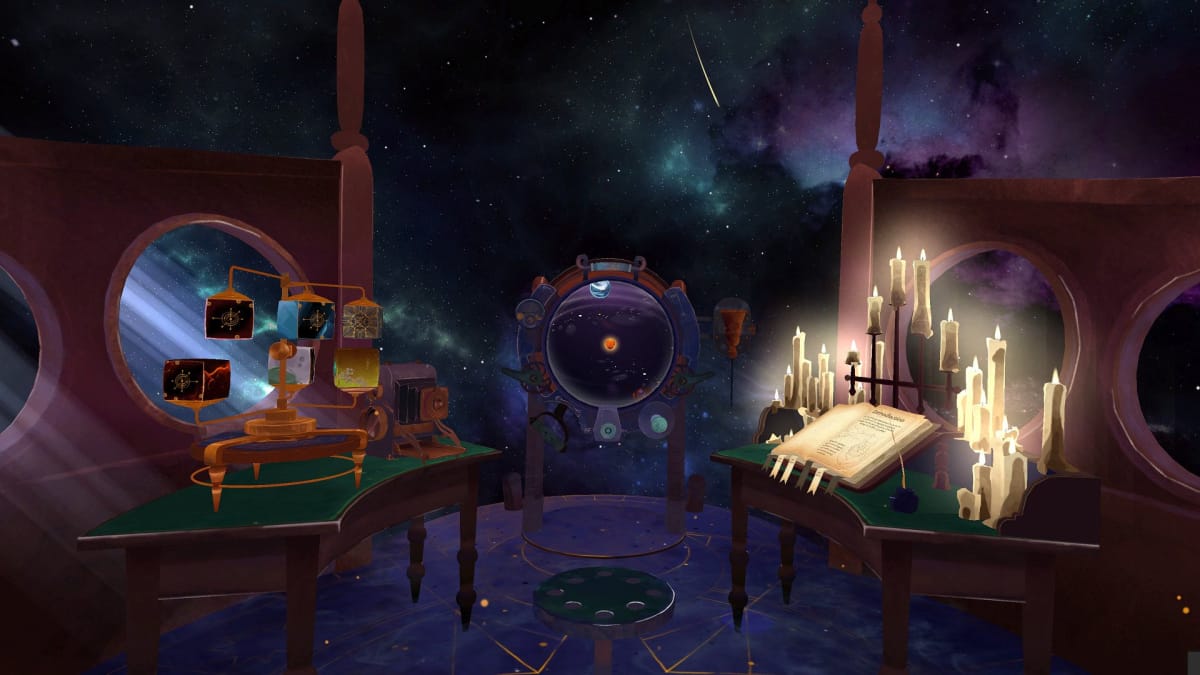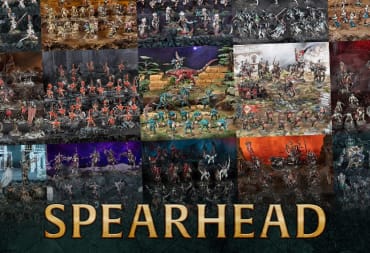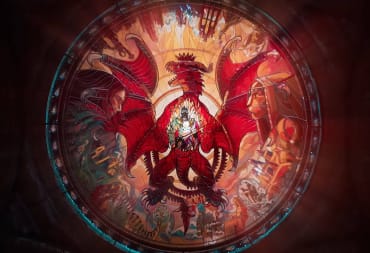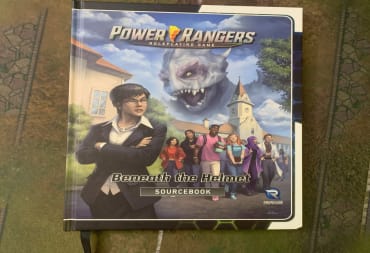Exploring the infinite potential of space is a concept explored quite frequently in games, and executed to varying levels of effect. No Man’s Sky famously sees players exploring and archiving the endless habitation that could theoretically exist in a universe of limitless possibilities - but drew criticism for its gameplay fundamentals not quite living up to the ambition of its premise.
VR title Stargaze, developed by Polish newcomer Played With Fire, captures that same fascination with the prospect of extra-terrestrial habitation - albeit with a much more humble approach to gameplay. Stargaze places the player in the position of an omniscient astronomer at the wheel of a ginormous observatory, from which the player studies and documents the distinctly unique environments of the 7 surrounding planets. Although this approach to exploration and discovery is rather indirect, it proves to be a delightfully puzzling and charming way to observe other worlds, and operating the machinations of the observatory while logging discoveries in your journal is a pleasantly rewarding experience - although perhaps one that doesn’t make the most of its VR capabilities.
Storybook Sensibilities
Stargaze’s storybook-like world takes inspiration from The Little Prince without at all stepping into the borders of adaptation. Rather than simply retelling its source material, Stargaze instead translates the whimsical tone and fantastical attitudes of the french fable into its original setting, creating a beautifully unique world that feels rich with childlike wonder. After a brief introduction from a mysterious, kind-voiced narrator, the player is tasked with discovering and cataloging the wondrous system of planets they find themselves in, and are quickly introduced to the various workings of their observatory.
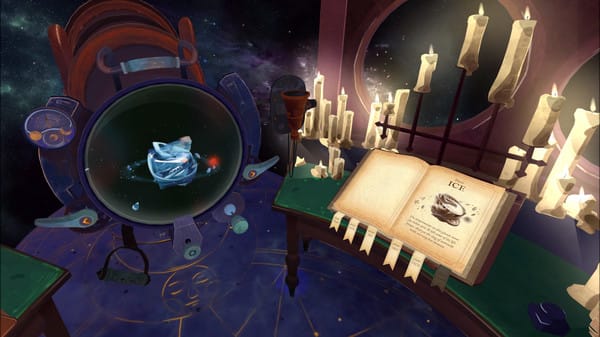
A single oval panel displays the telescopic view of the planets, while various levers, buttons, and joysticks attached to the panel control its operation, allowing for rotation, zooming, and photography, while a simple journal and feather quill allow for an incredibly satisfying logging process. Players twist, turn, and photograph the planets to solve mysteries about their habitats, plucking answers out of the air with the quill to be logged in the journal. The whole process is joyously intuitive, making it easily accessible to players of all ages, and perhaps even proving as a great learning tool for kids.
Planet-Sized Problems
Discovering the mysteries that surround these planets involves solving conflicts between the native creatures, discovering the secrets to their energy sources, or even just helping a cute little fox make itself a new home. A lot of these tasks involve clever uses of forced perspective - carefully angling shadows to fit within each other, positioning rocks to slide into holes, or lining up stars to form a constellation - which always proves to be an enjoyably challenging puzzle. Other tasks involve photographing areas of interest or tilting the flow of gravity to your advantage, though it must be said that the observatory’s fiddly machinery can often get in the way of actually achieving these puzzles. I regularly found myself staring at the solution of the puzzle, desperately slamming the buttons to activate it, only to spend the next 10 minutes frustratedly trying to perfectly line up my reticle to be just where the game wanted it before it could activate.
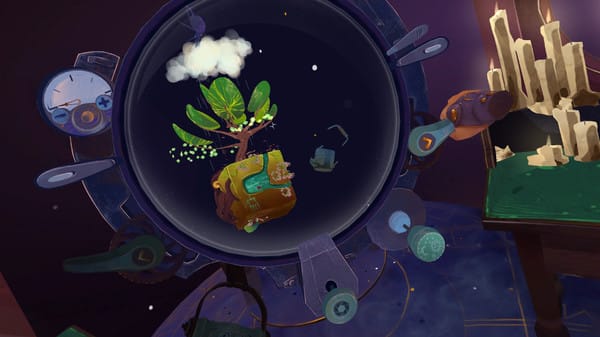
While an issue like this could be a deal-breaker in most games, it’s easily forgettable when you’re exploring worlds as charming as Stargaze’s. Every planet is stylistically rendered in a gorgeous painterly flourish, each wildly different from the last, with their own quirks and personality that encourage creative exploration. After the first two planets, I stopped looking at the journal for tasks, instead just finding joy in spontaneously poking and prodding around the planets, forming my own questions, and organically discovering the answers without the need to be told where to go.
Yet, as fun as charting these planets is, I can’t help but feel like Stargaze doesn’t make the most of its VR potential. All gameplay takes place in the same small arc of space - pulling a few levers in front of you and occasionally reaching out to your side. Despite the fact that the observatory exists within a complete 360 space, the gameplay doesn’t utilize it, instead just requiring minor movement directly in front of you, making the experience occasionally feel more reminiscent of a 2009 Wii title. This isn’t a huge problem, as the core gameplay mechanics are satisfying enough as they are, it just would have made for a much more complete VR experience if it made the most of its capabilities.
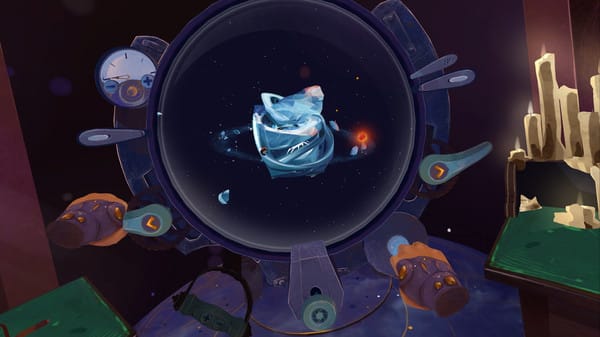
The Final Countdown
Stargaze offers a delightfully stylistic voyage into space, studying alien life and discovering new planets in a completely whimsical galaxy that made me forget my problems. While it perhaps hasn’t quite mastered utilizing VR, it excels in creating the kind of world that deserves complete immersion.
TechRaptor reviewed Stargaze on PC using a code provided by the developer.
Review Summary
Pros
- Original Interpretation Of Its Source Material
- Super Endearing Aesthetic
- Unique Approach To Space Exploration
Cons
- Doesn't Make the Most of its VR Capabilities
Have a tip, or want to point out something we missed? Leave a Comment or e-mail us at tips@techraptor.net
